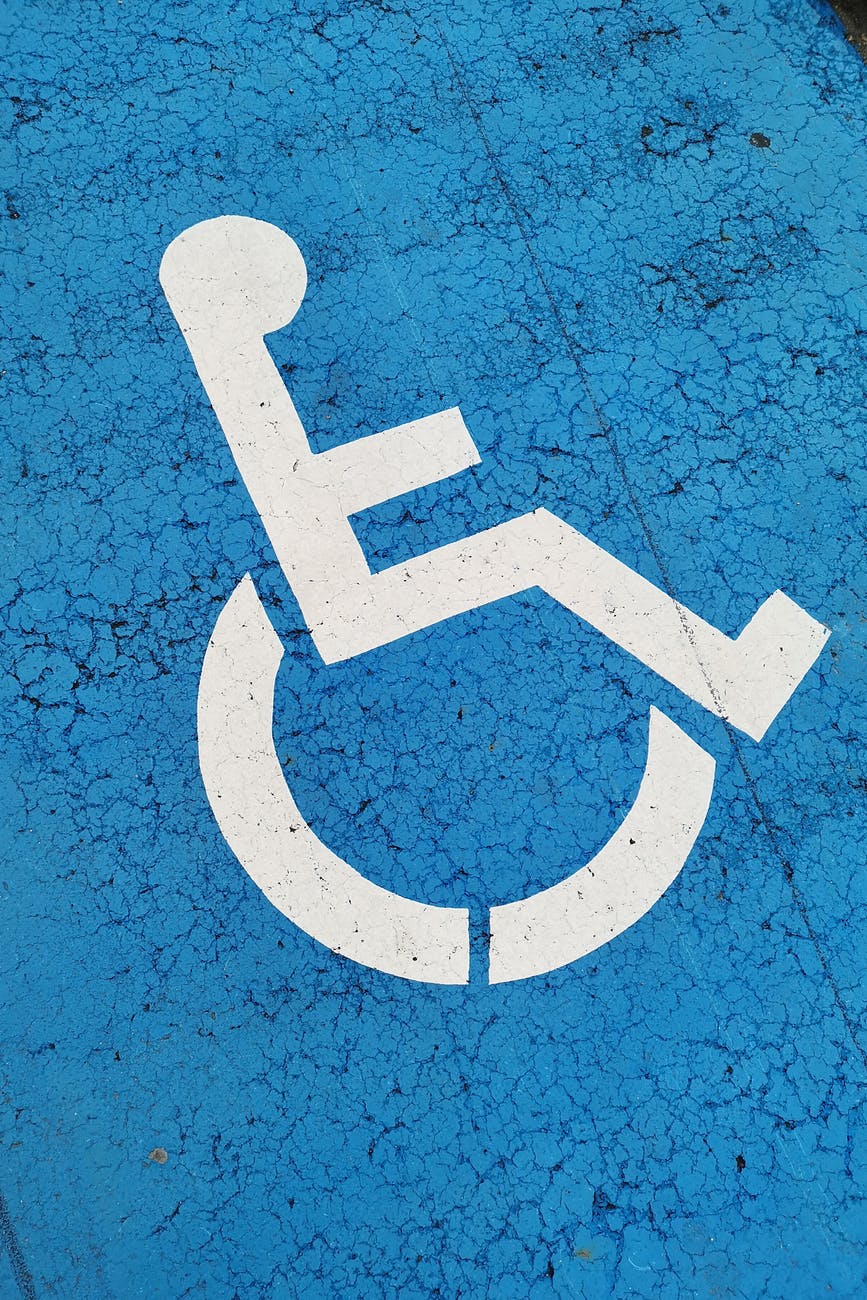No matter what type of accessibility lawsuit it is, many defendants choose to fix the compliance problem and settle out of court, since it’s the less costly option.
Albert Dytch has filed over 180 ADA lawsuits in the state of California. Mr. Dytch is a man in his 70’s who has muscular dystrophy and uses a wheelchair to get around. Unfortunately, many businesses throughout the country are not ADA compliant, making them inaccessible to wheelchair users. Mr. Dytch is on a mission to fix that.
Disability discrimination is not new, but accommodations for disabilities are not increasing as much as we would hope. According to an analysis of workplace discrimination claims in California, disability discrimination was the most common type of discrimination referenced on EEOC claims in 2020.
ADA Compliance
The way that Mr. Dytch is going about correcting accessibility issues is certainly controversial. While many of his complaints do reference valid safety concerns, others are nit-picky and badly hurting small business owners. An actual customer requiring reasonable accommodations (like a ramp) is one thing, but someone who briefly enters the business just to purposely find an issue is another story. People question whether these efforts are truly meant to seek justice, or whether they are cash grabs. The lawsuits that Mr. Dytch has filed usually end in a hefty settlement.
The Americans with Disabilities Act (ADA) was founded in 1990 to ensure nationwide accessibility. However, the federal government did not assign an entity to oversee these regulations; instead, it’s up to individuals to file lawsuits if they run into a code violation. So the fact that Mr. Dytch is acting like a vigilante isn’t totally absurd – it’s the only way to enforce the law.

In the last two years, with the pandemic forcing restaurants to create socially distanced outdoor seating, a new onslaught of lawsuits has arrived. Some of these quickly thrown together seating zones are allegedly not ADA compliant, such as paths that are too narrow for a wheelchair, which is causing restaurant owners to be hit with lawsuits.
Online Accessibility
As of late, there’s a new type of ADA lawsuit that’s on the rise: online accessibility lawsuits. With the internet now prevalent in all aspects of our lives, we have learned that certain modifications must be made for everyone to be able to use it. Online accessibility includes addressing visual impairments, hearing loss, color blindness, and more. These types of lawsuits are on the rise. A few attempts at a bill called the Online Accessibility Act have been introduced to Congress, but nothing has passed yet.
In the meantime, in March 2022, the Department of Justice published guidelines for how websites can become accessible. The guide also clarifies that under Title II and Title III of the ADA, the law requires equal accessibility to government services and public businesses, which are often conducted online. Although the internet was not around when the ADA was created, government officials have decided that it should apply, due to how prevalently used the internet is for services such as applying to jobs.
No matter what type of accessibility lawsuit it is, many defendants choose to fix the compliance problem and settle out of court, since it’s the less costly option. In an ideal world every business would be built accessible from the start, but unfortunately money will always be a barrier and business owners will continue to cut corners.


Join the conversation!